Trending Article
The Rise of AI in Software Development: Google’s New Era of Coding
On Tuesday, during Google’s Q3 2024 earnings call, CEO Sundar Pichai revealed an intriguing development in the tech giant’s coding processes: AI systems now generate over a quarter of the new code for Google’s products. This milestone highlights the substantial influence that AI tools have begun to exert on software development, illustrating a shift that could redefine how programmers approach their craft.

AI’s Growing Role in Coding
Pichai’s comments underscored not only the efficiency of AI-generated code but also the collaboration between human engineers and machine-generated contributions. “We’re using AI internally to improve our coding processes, which is boosting productivity and efficiency,” he explained. The integration of AI in software development is not merely a trend; it represents a fundamental transformation in the way code is written, reviewed, and implemented.
This change is mirrored across the industry. According to the 2024 Developer Survey by Stack Overflow, more than 76 percent of respondents indicated they are using or plan to use AI tools in their development process this year, with 62 percent actively engaging with them. Meanwhile, a 2023 GitHub survey revealed that a staggering 92 percent of US-based software developers are already leveraging AI coding tools in their professional and personal projects.
The Evolution of AI-Assisted Coding
The emergence of AI-assisted coding can largely be traced back to the introduction of GitHub Copilot in 2021. Powered by OpenAI’s Codex—a model designed specifically for coding tasks—Copilot revolutionized the way developers approached their work. By providing suggestions to extend existing code and even generating new code from simple English instructions, it set a new benchmark for coding efficiency.
Since Copilot’s initial launch and subsequent wide release in June 2022, various tech companies, including Anthropic, Meta, and Google, have developed their own AI solutions for coding tasks. These innovations have expanded the capabilities of AI tools, allowing them to assist developers in increasingly complex environments. GitHub Copilot has further broadened its functionality, recently announcing that developers will be able to utilize non-OpenAI models like Anthropic’s Claude 3.5 and Google’s Gemini 1.5 Pro within the application, thus enhancing its versatility.
The Double-Edged Sword of AI in Coding
While many celebrate the advantages of AI in programming, the practice has not been without controversy. Critics express concern that software generated largely by AI could be prone to hard-to-detect bugs and vulnerabilities. A 2023 study by Stanford University found that developers using AI coding assistants often introduced more bugs, even as they reported increased confidence in the security of their code. Talia Ringer, a professor at the University of Illinois at Urbana-Champaign, emphasized that “more code isn’t better code,” raising valid concerns about the quality of AI-generated software.
This skepticism mirrors historical apprehensions surrounding new coding methodologies. The transition from assembly language to higher-level languages faced pushback from some programmers who worried about losing control and efficiency. Similarly, the advent of object-oriented programming in the 1990s sparked debates about code complexity and performance overhead. As AI becomes more integrated into coding practices, it is likely to encounter similar resistance from traditionalists who feel that reliance on AI could undermine the core principles of programming.
The Debate: Enhancing Skills or Dumbing Down Programming?
Steven Sinofsky, a former Microsoft VP, has weighed in on the ongoing debate surrounding AI-assisted coding. Drawing from his extensive experience dating back to the 1970s, he asserted, “Whether you think coding with AI works today or not doesn’t really matter. But if you think functional AI helping to code will make humans dumber or isn’t real programming, just consider that’s been the argument against every generation of programming tools going back to Fortran.”
This sentiment echoes a longstanding debate in the tech community about what constitutes “real” programming. Over the decades, various innovations have faced criticism for potentially diluting the skill set of programmers. For example, there was a time when some argued that syntax highlighting in text editors would make programmers complacent. Such arguments may seem quaint today, but they highlight a persistent tension between technological advancement and traditional coding practices.
John Gruber of Daring Fireball responded to Sinofsky, reminding readers of the skepticism that once surrounded tools designed to enhance coding efficiency. The overarching narrative is clear: tools have always been an integral part of programming, aiding developers in their tasks and allowing them to create more complex solutions. Just as engineers transitioned from drawing silicon chip layouts on paper to using computer-assisted design tools, today’s developers are increasingly turning to AI for assistance.
AI: An Enabler, Not a Replacement
So, does the rise of AI mean that current models can generate flawless, high-quality code that developers can simply insert and forget? The answer is likely no. For the foreseeable future, skilled human oversight remains essential to ensure that AI-generated code functions correctly and meets quality standards. As Google’s CEO indicated, engineers still play a crucial role in reviewing and accepting AI contributions.
AI can certainly accelerate the coding process, allowing developers to focus on more creative and complex aspects of their work. However, just as a hammer alone cannot build a house, AI alone cannot produce reliable software without human expertise. The real power of AI lies in its ability to augment human capabilities, enhancing productivity and efficiency rather than replacing the essential role of skilled programmers.
The Future of AI in Software Development
As AI continues to evolve, it is likely to bring about even more significant changes in software development practices. The current landscape suggests that AI will increasingly become an indispensable tool for developers, enabling them to tackle challenges more effectively and efficiently. Companies like Google are leading the charge in exploring the potential of AI-assisted coding, but the broader implications of this technology will be felt across the industry.
In the coming years, we may witness a shift in how programming is taught and practiced. Educational institutions might incorporate AI tools into their curricula, equipping future developers with the skills needed to navigate a coding landscape increasingly influenced by artificial intelligence. The collaboration between human expertise and AI could lead to the development of new coding paradigms, reshaping the role of the programmer in the process.
Balancing Innovation with Quality Control
While the potential for AI to streamline coding processes is immense, it is essential to approach this transition with caution. Developers must remain vigilant about the quality and security of AI-generated code, implementing rigorous testing and review processes to mitigate risks. Collaboration between human and machine should be seen as a partnership, with each complementing the strengths of the other.
Furthermore, it will be crucial for organizations to foster an environment of continuous learning and adaptation. As AI tools evolve, developers will need to stay informed about best practices and emerging trends in AI-assisted coding. This commitment to learning will help ensure that programmers can effectively leverage AI to enhance their capabilities rather than relying on it as a crutch.
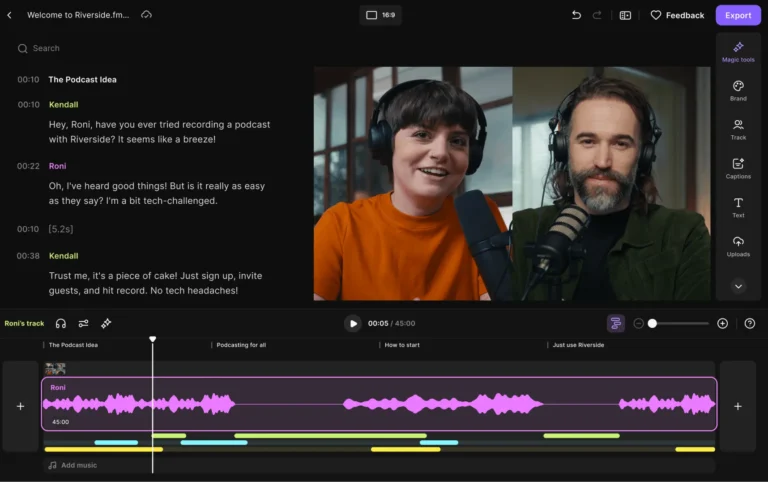
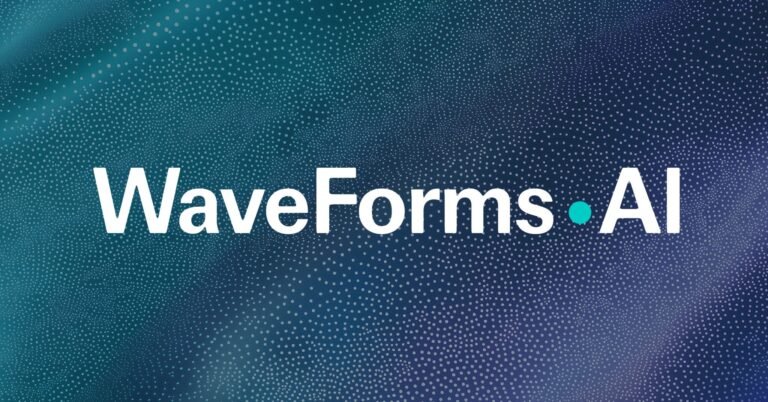



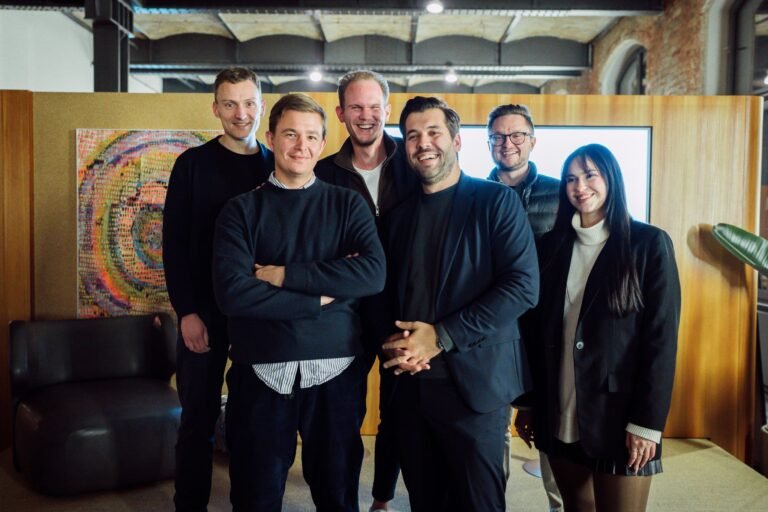
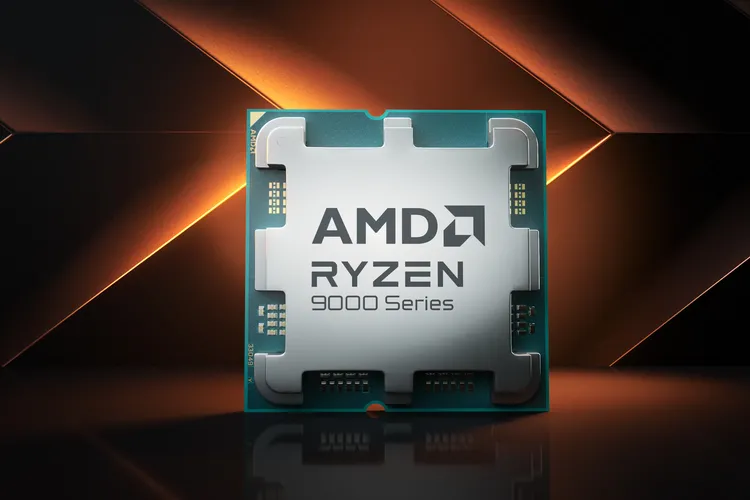
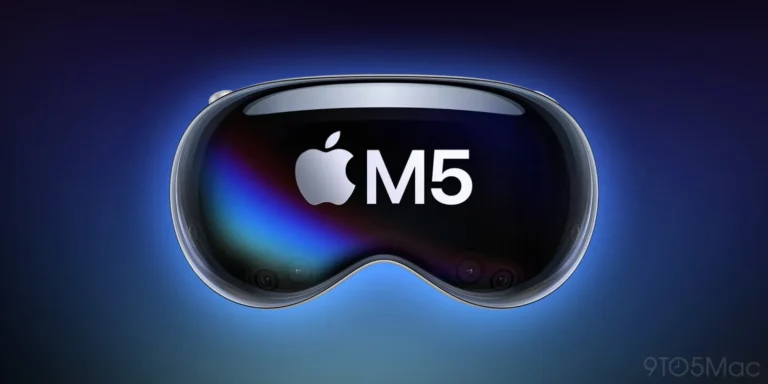

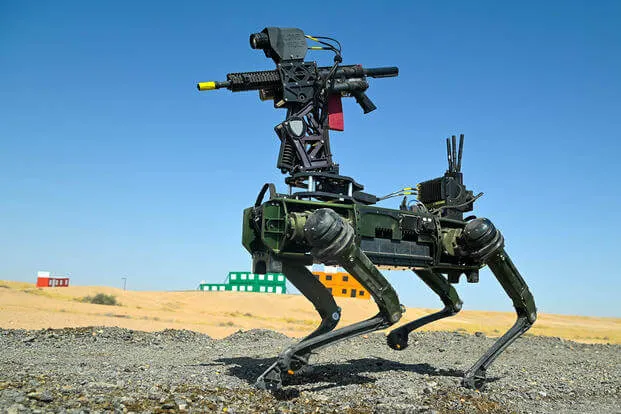
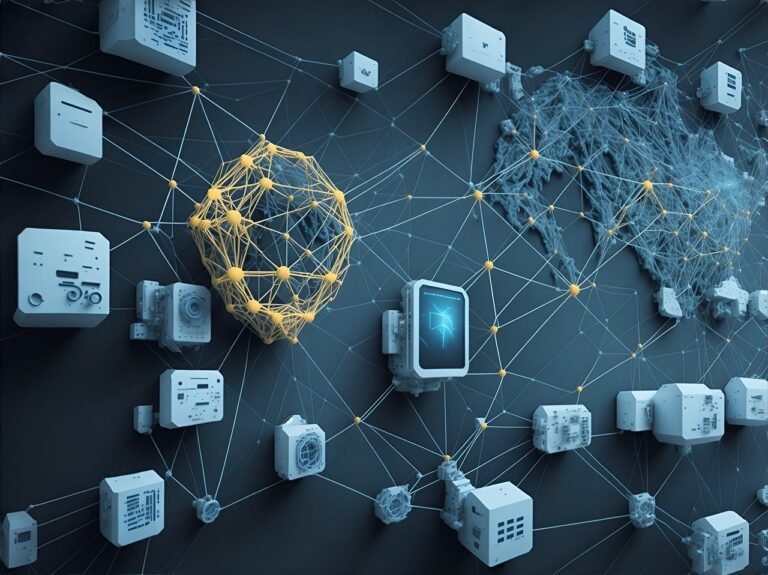

Pingback: Elementor #226
Pingback: Vivo X200 Pro's India Launch
Pingback: Huawei Set To Launch Mate 70